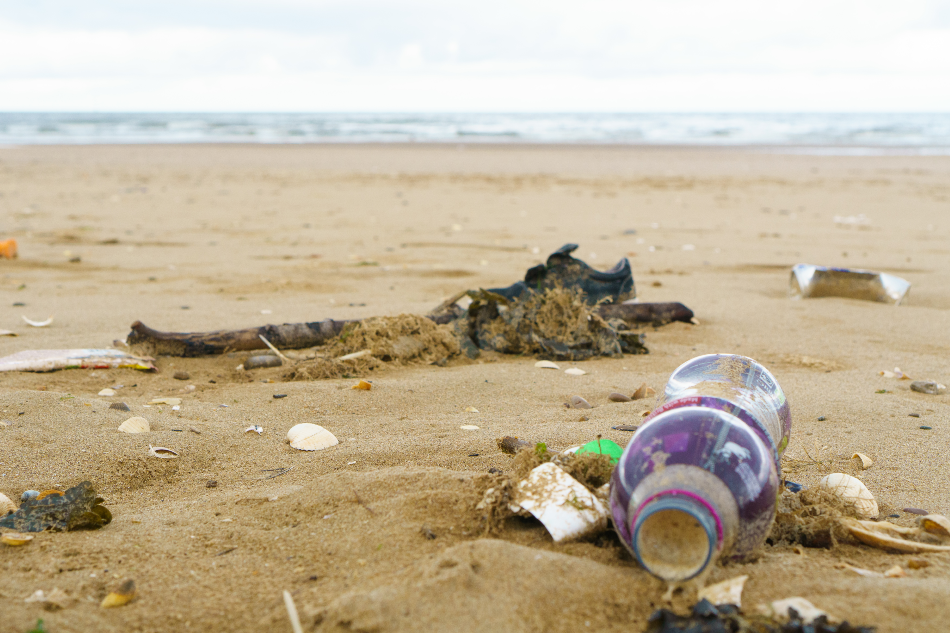
Image Credit: Clare Mc Ewen / Shutterstock.com
From next year, Wales will ban single-use plastics such as cutlery, straws, and polystyrene containers in a move that will strengthen its position as one of the world’s top recyclers.
Wales Aims to Recycle 100% of Waste by 2050
In 2019, Wales was estimated to be the fourth-best nation in terms of its recycling efforts in the world, with a recycling rate of 52.2% in 2018. The small nation sits just behind Germany, Austria, and South Korea in its efforts to be green.
Each year the country recycles a huge 55,000 tonnes of plastic, however, that still only represents 15% of all plastics. The country has been making significant steps to further improve on this, last year the Welsh government announced it would be offering £6.5 million to companies in the form of small grants of values between £25,000 and £750,000 to help them increase their use of recycled plastics.
The country aims to be recycling 70% of its waste by 2025, and by 2050 it plans to hit a recycling rate of 100%, where nothing is wasted.
Ban to Be Part of a Wider Strategy to Enhance Recycling
The latest ban is part of a wider series of measures that have been implemented to improve the nation’s recycling rates, which will hopefully see it positioned as the world’s top recycling nation. A wide range of single-use plastics will be affected by the ban, including straws, food and drinks containers, plates and cutlery, cotton buds, balloon sticks, carrier bags, and more.
Other measures will include using clean technology to collect waste to be recycled, increasing the efficient use of food, prioritizing the purchase of wood, as well as remanufactured and recycled content. This will facilitate the collective action of communities, supporting businesses so that they can adopt recycling opportunities, enhancing a sense of responsibility for waste.
The ban hasn’t been set into motion yet, the deputy minister for housing and local government, Hannah Blythyn, states that the proposals will be consulted on over the coming months, with the ban expected to come into action from 2021.
The single-use plastics that will be focussed on by the ban are those that prove the most difficult to recycle, those that are finding themselves washed up on the beaches in Wales, destroying natural marine environments and harming the beauty of the country.
Blythyn stresses that it’s vital that action is taken to protect the future of the country. She believes that this kind of direct action will be beneficial in encouraging people to consider their behavior and think about how their actions impact the environment.
The government will consider how the ban and the range of other actions will impact citizens and try to minimize the potential negative impacts on those who are reliant on the items that are the focus of the measures. This will ensure the measures are widely adopted and that their implementation runs smoothly.
The government is encouraging citizens to share their views on the proposals ahead of the consultation so they can plan the execution in an optimized way.
Encouraging People to Seek out Environmentally-friendly Alternatives
The aim of the plan is to not only reduce the use of single-use plastics and enhance recycling rates in this way, but it is to also encourage people to think differently about the products they use and urge them to seek out environmentally-friendly alternatives.
It is considered that the ban will not be enough on its own to fully address the country’s litter and pollution problems, rather it will be one of many steps that will be taken together to tackle these problems.
Disclaimer: The views expressed here are those of the author expressed in their private capacity and do not necessarily represent the views of AZoM.com Limited T/A AZoNetwork the owner and operator of this website. This disclaimer forms part of the Terms and conditions of use of this website.